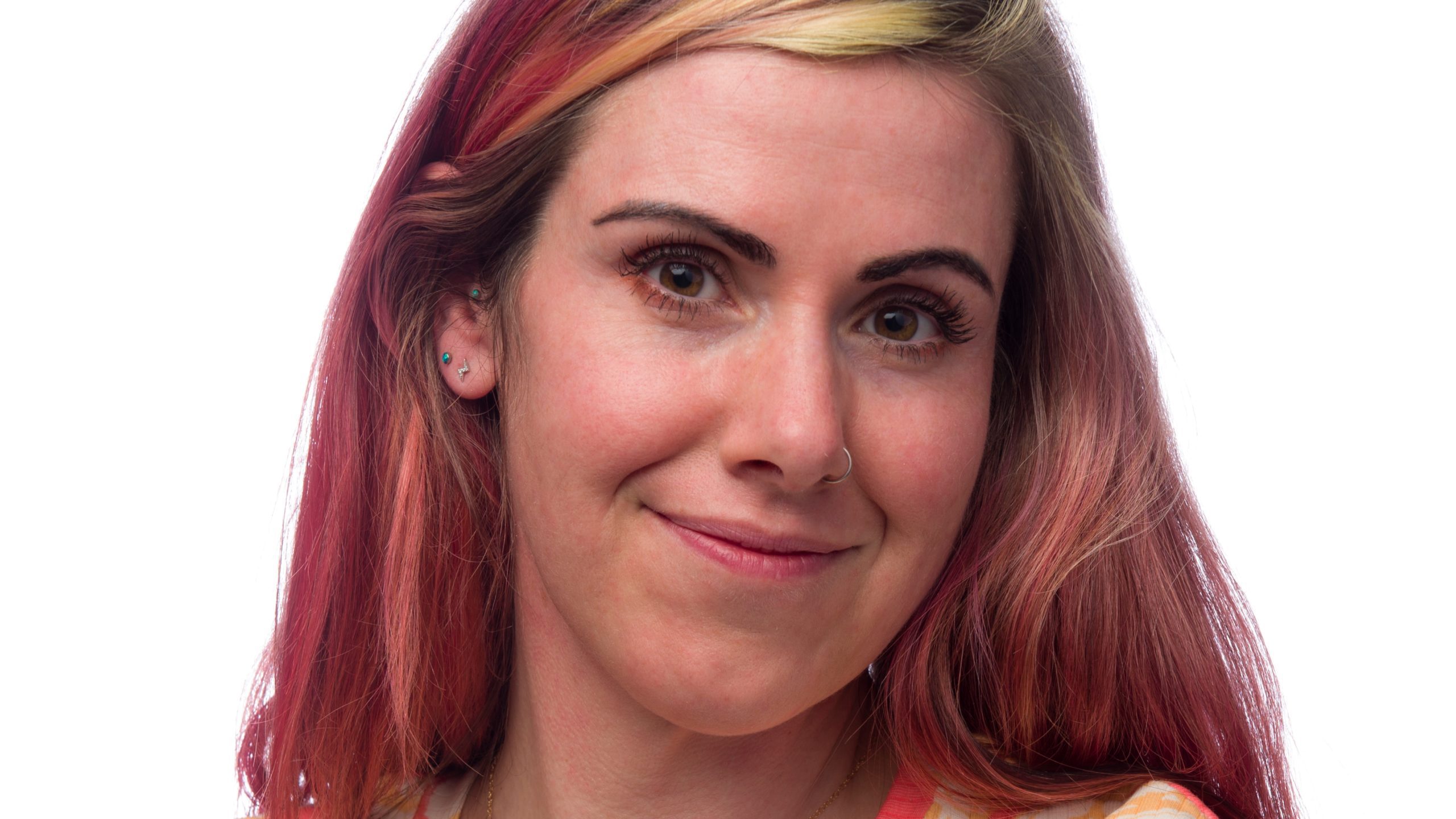SALT LAKE CITY — The next show at Pygmalion Productions is Body Awareness, a play by Annie Baker opening on May 6. Body Awareness is a probing play that examines the ways society views the female body. This theme makes it the perfect choice for Pygmalion’s mission to “share the human experience through the eyes of women.”
UTBA had a chat via email with Morag Shepherd, the director of Body Awareness, to learn more about this play, its upcoming production, and Shepherd’s experience as a director. This interview has been lightly edited for clarity and flow.
UTBA: Why Body Awareness? Why this play and why right now?

Shepherd: We initially auditioned actors for this play in 2020, and of course, with the pandemic, it was delayed a couple of times. At the time, I wanted to do Body Awareness because I was interested in all things concerned with the body and how we view and objectify, especially, the female body. Baker deals with gaze awareness and how the gaze interacts with the intents of the author. Coming back to the script in 2022, I have had a different understanding of the themes in the play, and how Baker doesn’t really land on any side of the issue, but instead complicates our ideas of the body, over and over again. I’m not sure that I fully buy into the male gaze as a theory as I did before, because, like Baker hints, siding with one identity is just as problematic as the other.
UTBA: The script deals with some important issues about how society views women. How do you and your cast turn these conversations into an enjoyable night of theatre?
Shepherd: Even though this play combats some heavy issues, the show is a comedy, and ultimately the important factor is how relatable, human, and ridiculous these characters are. In rehearsal we talked about the issues, put them aside, and then leaned heavily into the characters and their relationships. Joyce, Phyllis, Jared, and Frank are so extremely compelling, likeable and unlikeable, it is hard to look away.
UTBA: Which character in the play do you sympathize the most with?
Shepherd: The character that I sympathize with the most is Joyce. She is the main character and also the protagonist because she drives the action forward. The thing that absolutely wreaks me about Joyce, is that she is constantly trying so hard to do the right thing, but has somehow lost what that is by the people who are indoctrinating her at every turn. The effort to do “right,” is something that is terribly relatable. Even though Joyce has been hurt and damaged through her life, she still tries so hard to learn and find moments to love and rejoice, and we adore her for it.
UTBA: What does an audience need to do to get in the mindset of spending an evening with these characters?
Shepherd: To prepare to spend an evening with these characters I think it’s important to have a glass of wine and get ready for things to be hilariously uncomfortable. This play acknowledges the existence of sex, and stumbles through an exploration of how that would work for Jared, who is on the autism spectrum. Baker also discusses naked bodies, and who should be able to view and photo them, and maybe the audience is in on this question also? This play is for mature audiences.
UTBA: You’re known principally in the Utah theatre community as a playwright. How does your background of creating new stories influence your work as a director?
Shepherd: Even though I am primarily a playwright, when I direct, I put on another hat and focus on stage picture. While I write I do not worry so much about what a show is going to look like, because that is the work of the director. Working with actors, especially these actors, is a much more enjoyable experience for me because of the collaborative effort. I love the idea that humans can walk into a room and create something from almost nothing, and that the result is constantly alive and in motion. Typically, writing plays is an isolated, more painful experience, but maybe that’s just me, ha!
UTBA: Have you made any discoveries about this play during the rehearsal process?
Shepherd: I think the thing that we have learned through the rehearsal process is how true and relatable these characters and their situations are. There is talk of molestation, who has been molested, and how the memory of traumatic events changes. There is also a lot of talk about autism and what factors equal autism. There is discussion about other questions: What qualifies as a sleazeball? What qualifies as an academic? Is Joyce’s father a bastard? It is up for debate whether putting a stamp on something and defining it is actually useful in real time.
Also, the parts in the script that felt a little taboo, or scary, on the page, in rehearsal have turned out to be the most relatable, funny, and even beautiful. The maturity of the actors has brought a safety to the subjects discussed, and that has been wonderful to experience. I was a little worried that Frank, who represents the male gaze, would be hard to sympathize with, but Tom Cowan embodies the character in such a likeable way, that by the end of the show it is completely possible that he might be a well-intentioned guy, and it also might be possible that he is in fact a sleezeball. And that is the brilliance of the writing.
UTBA: What has been your biggest challenge in rehearsing this production?
Shepherd: The biggest challenge in rehearsing this production has been COVID! The show has been pushed back a few times, and it was always a possibility that it might not happen. I think during this rehearsal process we all have the underlying anxiety that things might go bad and we might have to shut down. But ultimately have decided to trek on until we hear otherwise. Because of the time span, and people doing different things with their life, we have had to do some recasting of the show, and for some reason casting Phyllis was a difficult task. We ultimately landed on Brenda Hattingh, who joined the cast with an explosion, picked up the role, and is killing it.
Another challenge has been the pauses that Annie Baker uses as a convention in her writing style. In practice, the pauses interrupt the flow of the actors, so it really takes time and consideration to get the rhythms correct. We have worked these elements a lot in the hopes that we can capture Baker’s vision.
UTBA: What is it like working with Pygmalion?
Shepherd: Working with Pygmalion Theatre Company honestly feels like a privilege and luxury. I am compelled by their mission to focus on women’s stories and think this script lands nicely into the evolving conversation.
UTBA: It sounds like a great play. Good luck with your final week of rehearsals. UTBA will be there on opening night!
[box]Body Awareness plays Thursdays through Saturdays at 7:30 PM and Sundays at 2 PM between May 6 and May 21 (with an extra matinee at 2 PM on Saturday, May 20) at the Black Box Theatre in the Rose Wagner Performing Arts Center (138 West 300 South, Salt Lake City). Tickets are $15-22.50. For more information, visit pygmalionproductions.org.[/box]
